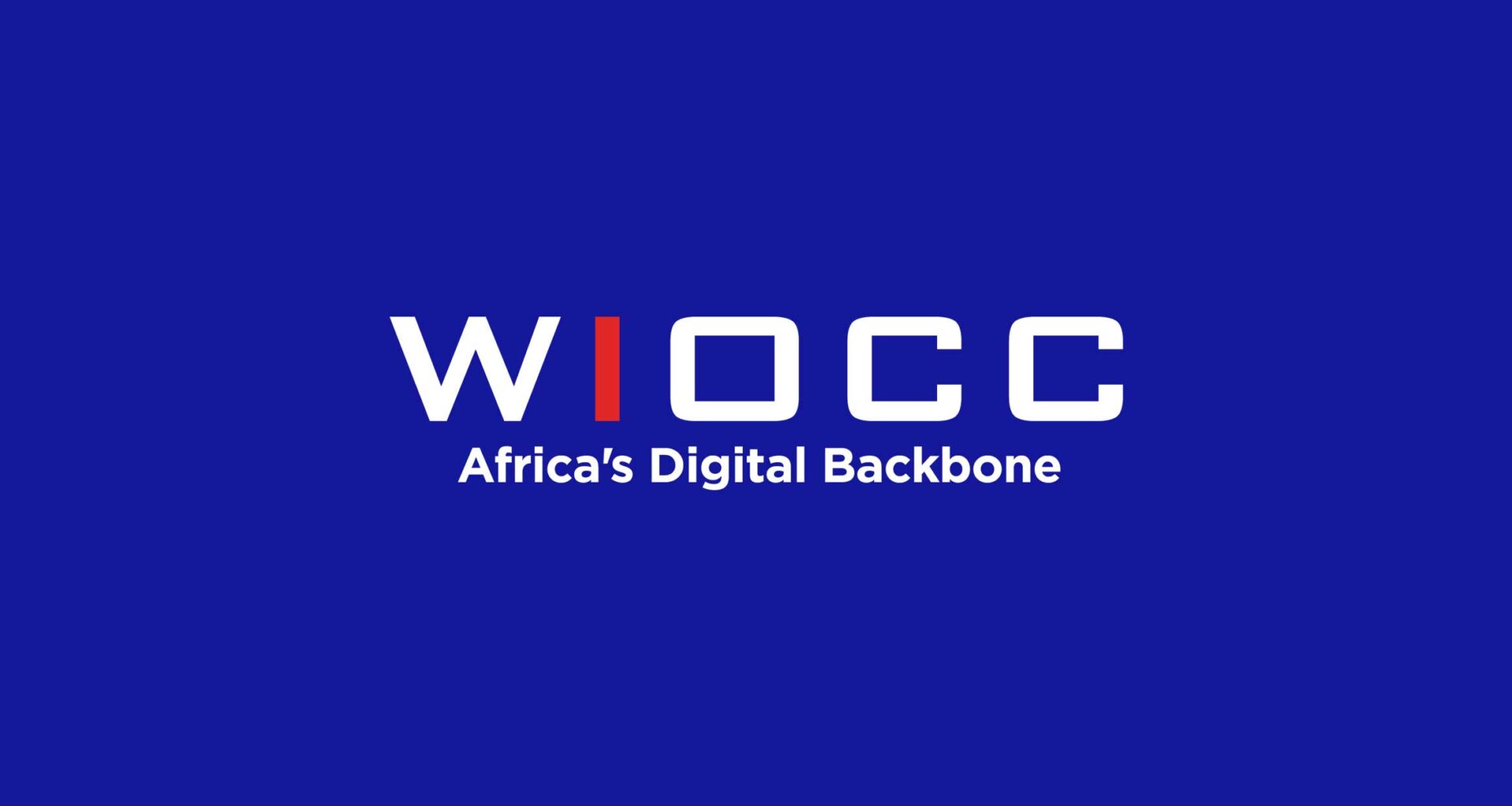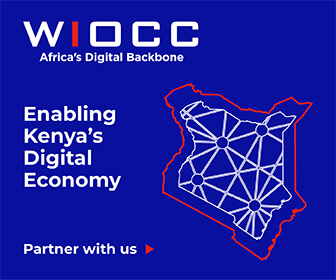As Africa’s digital economy accelerates, the hunger for fast, reliable and affordable internet has never been greater.
For Internet Service Providers (ISPs), meeting this demand is not just about ambition; it’s about finding the right partners who can remove barriers, reduce costs and help them scale at speed.
For many smaller and mid-sized ISPs, the challenge has always been the same: expanding networks requires huge upfront investments.
Building fiber routes, securing international capacity, or operating large-scale data centers is costly and complex, often blocking opportunities for growth. But a new model is changing that.
Wholesale partnerships are transforming the landscape by giving ISPs immediate access to carrier-scale infrastructure without the heavy capital burden.
WIOCC has emerged as one of the leaders in this shift, offering an integrated ecosystem that spans subsea cables, metro fiber and open-access data centers.
By bringing everything under one umbrella, WIOCC makes it easier for ISPs to expand their reach, deliver consistent quality, and deploy new services to market faster.
This open-access approach is leveling the playing field. Instead of competing with ISPs, WIOCC enables them, providing neutral, world-class infrastructure that both global giants and local players can rely on.
In Kenya, for example, metro networks in Nairobi and Mombasa allow ISPs to serve Tier-2 and Tier-3 towns that were previously difficult to reach, while the collaboration-first model ensures that smaller providers can thrive alongside larger telcos.
The impact of this model is best seen in real-world stories. Vilcom Network, a local ISP, partnered with WIOCC to scale faster than would have been possible by building its own infrastructure.
Leveraging metro fiber and open-access data centers, Vilcom reduced costs, improved reliability and accelerated rollout, reaching more customers more efficiently.
Reliability remains the backbone of digital growth, and here too WIOCC invests heavily. Its networks are interconnected across multiple subsea systems, including 2Africa, EASSy, Equiano, TEAMS and DARE1, backed by resilient terrestrial and metro fiber.
This ensures redundancy, diverse routing and uninterrupted service, even in the face of outages. For ISPs, that means delivering the kind of dependable connectivity that end-users now demand.
READ: Inside WIOCC’s Vision to Transform Kenya’s Internet Infrastructure
Looking ahead, wholesale partnerships are set to go even further. Over the next five years, ISPs and wholesale carriers are expected to deepen their collaborations by co-building fiber, sharing infrastructure, and even jointly investing in new submarine cables.
With cloud adoption, AI and video streaming fueling bandwidth demand, flexibility and scalability will become non-negotiable.
For ISPs, choosing the right wholesale partner is now a strategic decision that can determine their growth trajectory. It requires a partner with resilient networks, a customer-first mindset, flexible commercial models, and a clear commitment to innovation.
Across Africa, wholesale partnerships are no longer optional; they are essential. By working with carriers like WIOCC, ISPs can scale faster, lower costs, improve reliability and connect more communities to the opportunities of digital inclusion.


